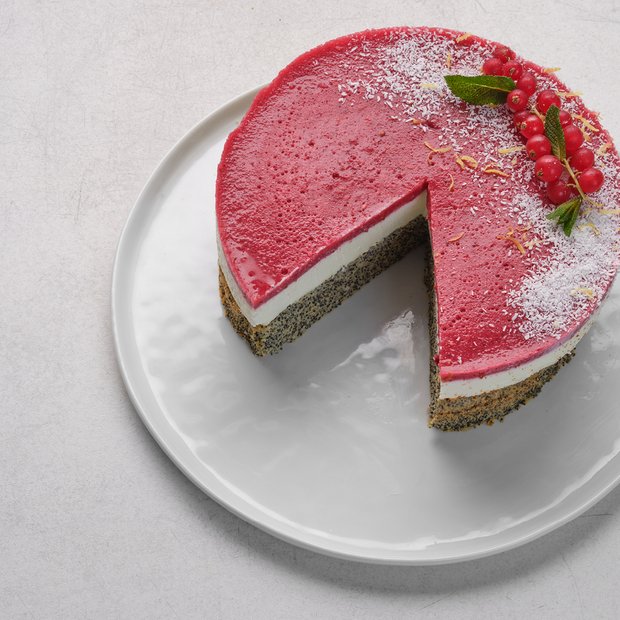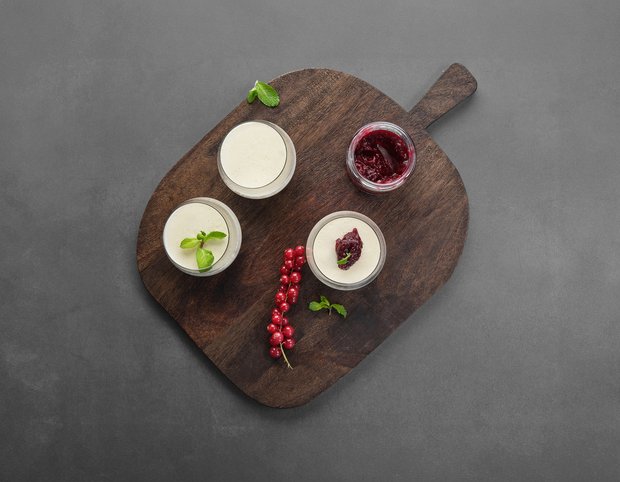WHY WE ARE
JUICING OUR FRUIT
DISPOSE OF THE JUICE?
ENJOY THE PULP!

Why do we juice our fruit?
The WHO recommends a daily intake of at least 400g of fruit and vegetables*.
"An apple a day keeps the doctor away".
This and similar information is well known. What many people don't know: Fructose has an LD50 toxicity value around twice as high as ethanol ("pure alcohol") and there are also health disadvantages associated with long-term consumption, to say the least. This starts with obesity and fatty liver and extends far into the spectrum of common diseases.
Reverse juicing allows you to remove most of the fruit sugar from the fruit as it is dissolved in water.
Although the juice is very tasty, it is practically worthless from a nutritional point of view anyway: apart from the sugars and water, there is not much in it. We dispose of it straight away.
In my opinion, the more valuable plant components such as polyphenols, flavonoids, vitamins and fiber are more likely to be found in the pulp anyway.

ENJOYING FRUIT
After juicing, rinse the fruit pulp with water and then process as desired into ice cream, jam, jelly, compote...
ATTENTION - What about dried fruit?
Drying, e.g. dehydrating, only removes the water, but not the fructose. Accordingly, you can imagine that dried fruit (raisins, prunes, apple rings...) is not "quite optimal" for our metabolism and health.

PRESS CUPS
Fruit juices are usually produced the other way round: The juice is utilized and the pulp is either disposed of or used as animal feed, for example.
There are resourceful juice producers who dry, grind and sell the press cake. These polyphenol bombs can be a practical alternative for those who find juicing too time-consuming.
Disclaimer
The information and recipes contained on this platform and linked media reflect my personal experience only and are provided for informational purposes and as culinary inspiration. The recipes and nutritional information do not constitute medical advice, diagnosis or treatment and are not intended as a substitute for professional medical advice or treatment. Any recommendations reproduced in the media we maintain are not a substitute for advice from medical professionals or nutritionists. Readers with specific health concerns, food allergies, individual dietary needs or medical conditions should seek professional medical advice before implementing the recipes or dietary recommendations described herein. The author, publisher and operator of this platform accepts no responsibility for any health problems or damage that may arise from the use of the recipes or information contained on this platform. It is strongly recommended that you seek qualified medical advice or consult a nutrition specialist if you have any health concerns or before changing your current dietary habits. The authors and publishers of this media assume no liability for the accuracy or completeness of the information and recipes provided and it is the responsibility of the reader to take allergic reactions, food intolerances or other health concerns into account. Furthermore, neither the authors, publishers nor operators assume any guarantee or liability for the effectiveness of the measures presented. Zarastro GmbH is not responsible for the content of websites accessed via hyperlinks.